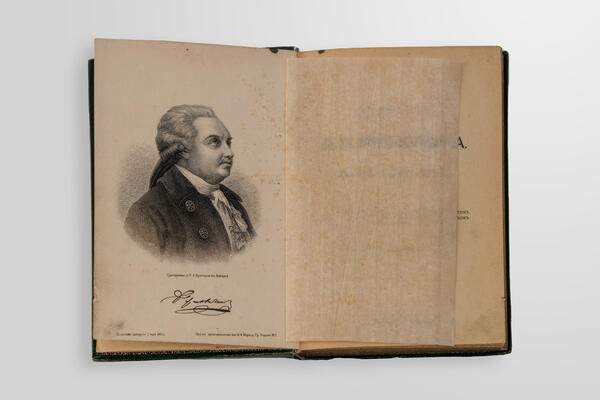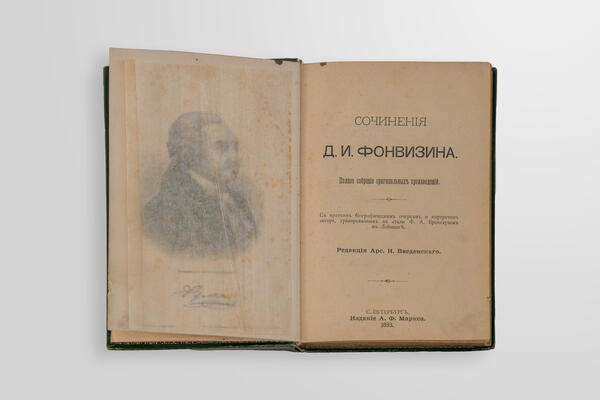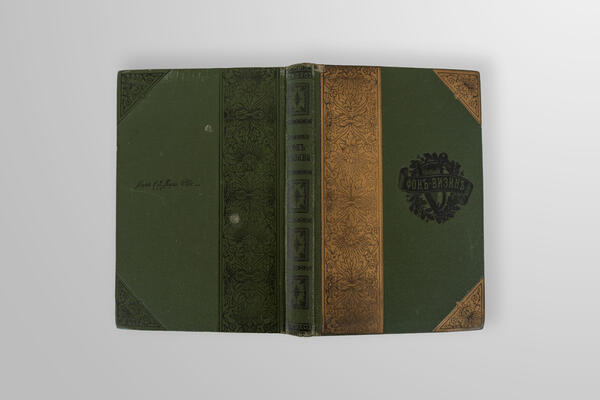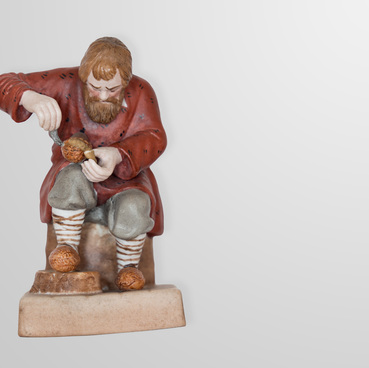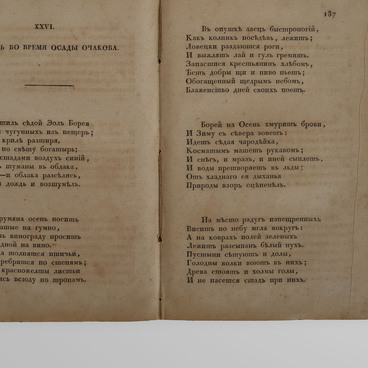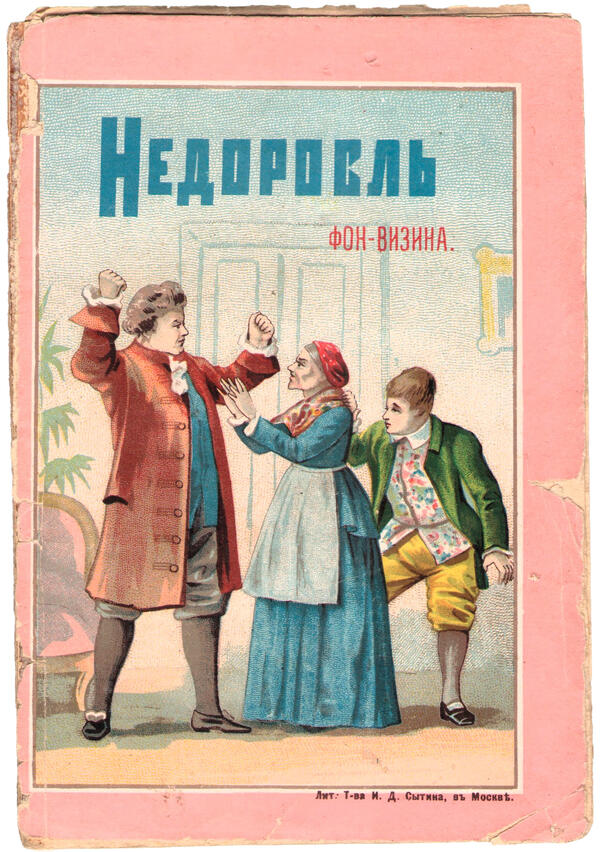Denis Fonvizin was a writer, translator, journalist, and playwright who worked during the reign of Catherine the Great. He both founded the genre of domestic comedy and fought against tyranny, being a political writer and an enlightener. Vissarion Belinsky referred to him as “the most compelling writer of the early periods of Russian literature.”
Denis Fonvizin was born into the family of a state councilor, graduated from secondary school with one silver and two gold medals for “being the best student in his class”, and later studied at Moscow University. He served in the Collegium of Foreign Affairs and was assigned to the Cabinet Minister of the Empress.
Denis Fonvizin began his career in literature by translating fables and novels from French and German on the commission of Moscow booksellers. The writer’s first original works were sharply satirical.
He achieved popularity with the comedy “Brigadier” and was invited to read it to the Empress herself in Peterhof. It was the first Russian “comedy of manners” which gradually replaced the “comedy of character” where personified vices and virtues were brought on stage. The manuscript dates back to 1768–1769, but the play was published only in the 1780s.
The complete works of Denis Fonvizin were not published in his lifetime. Shortly before his death, Fonvizin gave his manuscripts to the writer Pyotr Bogdanovich and asked him to publish them as soon as possible; however, no such opportunity presented itself. In 1796, soon after Fonvizin’s death, Pyotr Bogdanovich got into trouble with authorities, and the prepared collection was lost.
Later, Fonvizin’s relatives helped to gather manuscripts and printed sheets and publish the writer’s collected works. For a long time, only “Brigadier” and “The Minor” were known to readers. The first complete collection of Fonvizin’s works appeared in 1830, but many editions remained incomplete, poorly edited, and full of errors.
The displayed collector’s edition features all the
famous works by Denis Fonvizin: original and translated plays, prose writings,
poems, letters, and excerpts from diaries.

